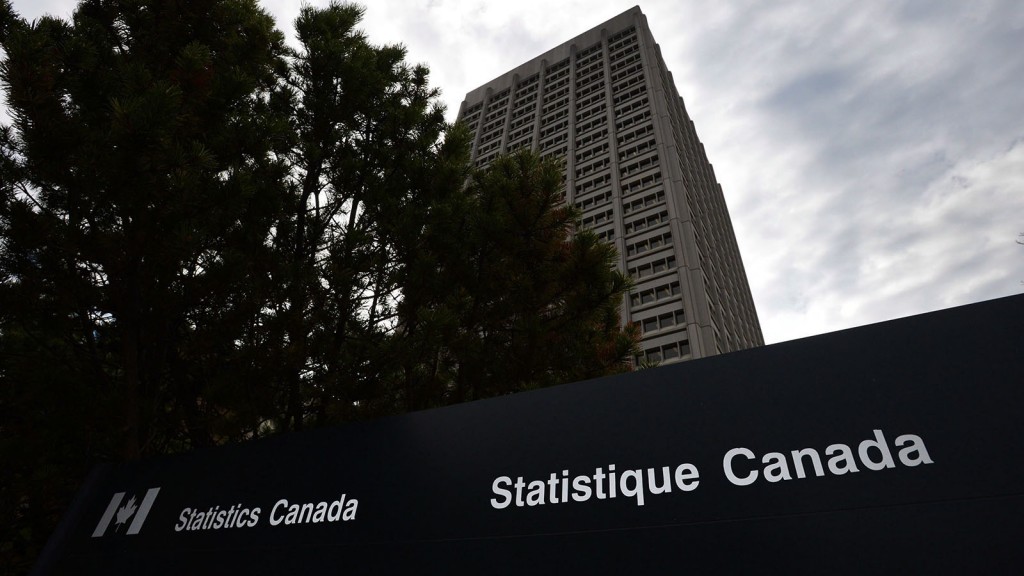Two days to save the long-form census
Ted Hsu: ‘The fight over this bill is a fight over the soul of this country’
The Statistics Canada offices at Tunney’s Pasture in Ottawa on Wednesday, May 1, 2013.Has Statistics Canada — renowned around the world for its ability to take snapshots of Canadian life — lost some of its zoom?The answer will come Wednesday, when the agency’s National Household Survey reveals how much critical information was lost in the controversial transition two years ago from a mandatory long-form census to a voluntary questionnaire. Sean Kilpatrick/CP
Share
On Wednesday evening, the House of Commons will vote on whether or not to reinstate the mandatory long-form census. Perhaps all that’s standing between Ted Hsu’s private member’s bill and approval in principle at second reading is fewer than a dozen Conservative votes.
Hsu introduced his bill last fall. It received its first hour of debate in November and its second hour last Thursday. The government has expressed its opposition, while the Liberals and New Democrats seem lined up in support and I’m told both Green MPs will vote in favour. If every other vote of the Independents and smaller parties—seven Independents, two Bloc Québécois, two Forces et Democratie—went Hsu’s way, he’d have 143 votes. And that would leave him 10 votes short of a majority—there are currently two vacancies and the Speaker only votes in the event of a tie, so there are essentially 305 total votes in play.
Of course, that imagines perfect attendance, which is not generally achieved. For reference, consider NDP MP Kennedy Stewart’s motion on e-petitions, which passed the House last January by a count of 142-140, with eight Conservatives voting in favour.
Short of that, Hsu’s bill has at least served to highlight the mess that was created when the Harper government scrapped the mandatory long-form and replaced it with the voluntary “national household survey.” In short, researchers, city planners and hospital officials says it’s more difficult to understand what’s going on in our society—as predicted, the data produced by a voluntary survey is flawed (less reliable data coming, ironically, at a higher cost). Hsu has compiled a list of endorsements that includes the Canadian Chamber of Commerce and the Canadian Medical Association and has been posting expert explanations of why reliable data is important for good governance. (For further testimony to the problems created, see here, here and here. Former chief statistician Munir Sheikh, who resigned after Tony Clement publicly suggested Sheikh had supported the government’s decision, offered his assessment of the situation in 2013.)
In addition to restoring a long-form census, Hsu’s bill makes a number of changes to the process around the long-form census, including how the chief statistician is selected. Interestingly, Hsu’s bill would do something the government hasn’t gotten around to doing: eliminating the threat of prison time for refusing to fill out a mandatory census. Whatever the Conservatives’ concerns about that threat and whatever the government’s promises to repeal the law in question, they haven’t bothered to do anything about it. Instead, the Conservatives now point to a private member’s bill, introduced last fall and not yet debated in the House, that would remove the unused stipulation.
As for the Harper government’s other stated concern about privacy, the elimination of the long-form census is also a handy cudgel with which to knock the government’s zeal for new security powers.
In addressing the House last Thursday, Hsu addressed some of the concerns about his bill and indicated he was willing to entertain amendments—something that can only happen if the bill passes at second reading and moves to a committee for study. And lest this all be dismissed as an esoteric question about statistics and methodology, the Liberal MP also placed the census debate at the very centre of how we govern ourselves.
Given that the voluntary national household survey cost $22 million more than the long form census, how can good Conservatives vote for a voluntary survey that costs taxpayers more and provides poorer data? How can good Conservatives vote to kill the long-form census when the Conservative New Brunswick premier said that it is now harder to measure the results of money spent on fighting poverty?
The fight over this bill is a fight over the soul of this country. It is a fight over whether Canadians should collect information about ourselves so that we may have solid evidence with which to govern ourselves wisely.
Let us vote for a competitive country where public health, business investment, economic management, and local government service delivery is done in a smart, informed, and efficient way. Let us vote for a country where we assess social programs using real data and know how to cut the ones that are not effective, where collecting solid data is not about bigger government or smaller government but smarter government. Let us vote for a country that does not accidentally look more middle class and equal than it really is just because of poor statistics. Let us vote for a country where knowledge and wisdom guide us, where we acknowledge our civic duty to provide information for the common good through informed governance.
Let us bring back the long-form census.
